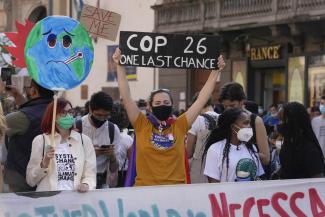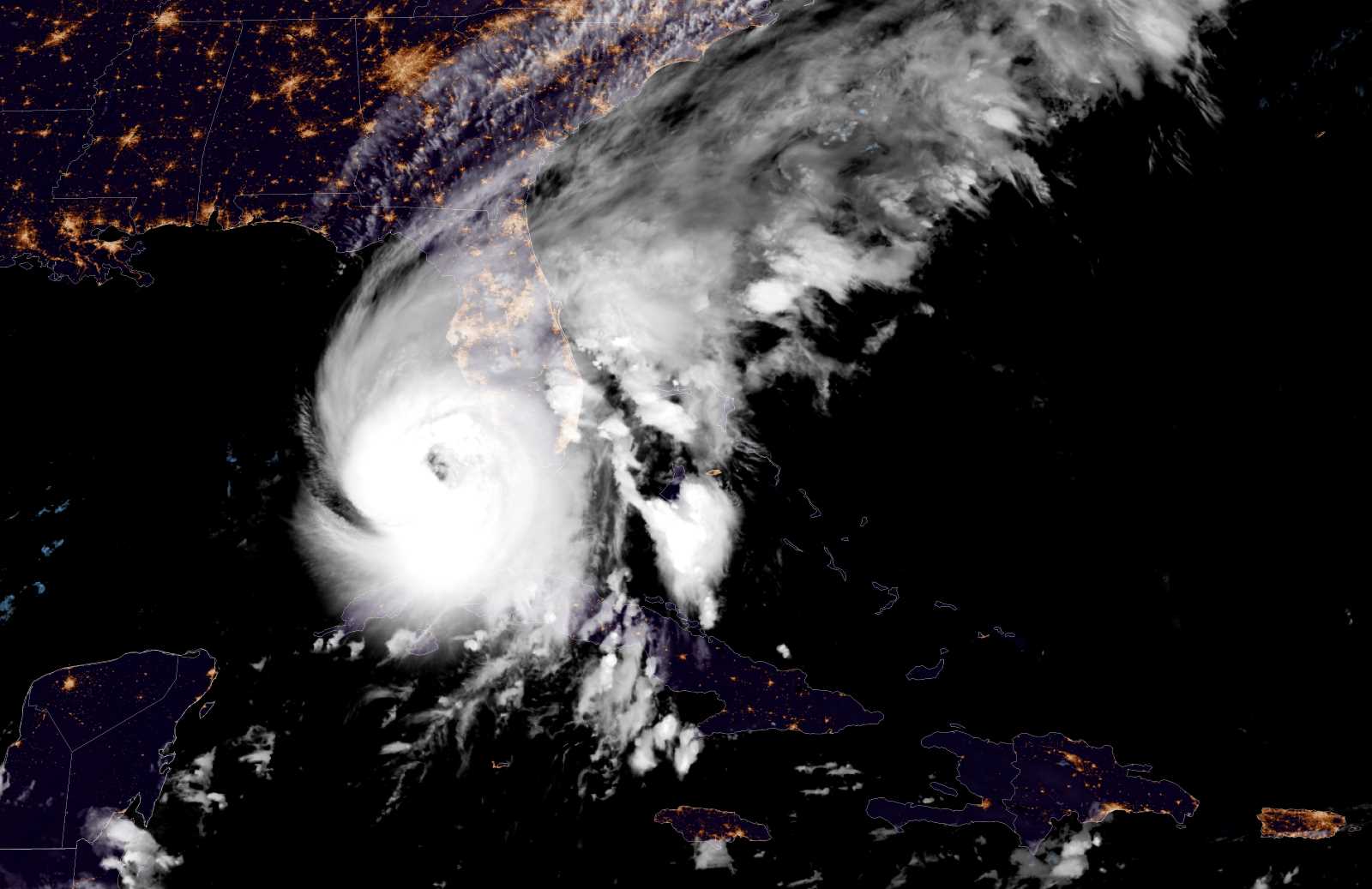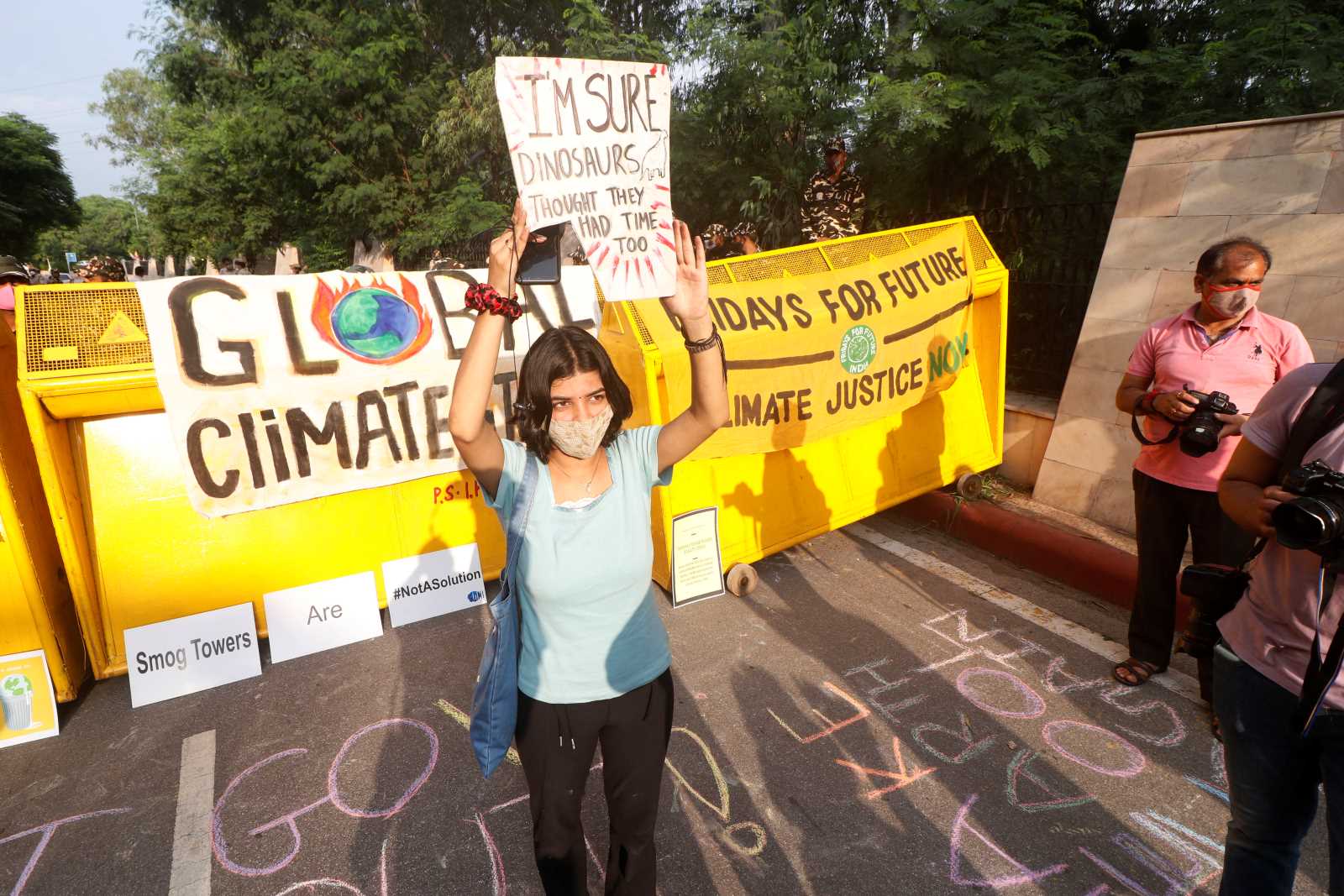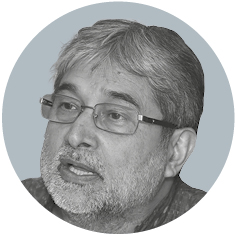Our view
On climate, advanced nations must deliver

Human-caused emissions have made average temperatures on Earth increase by more than 1° Celsius to date. Even the most optimistic scenarios of the Intergovernmental Panel on Climate Change show that surface temperatures will keep rising – at least until the mid-21st century. Time is running out for achieving the goal agreed in Paris. It is to keep global warming well below 2° and, if possible, below 1.5°.
UN members’ nationally determined contributions (NDCs) must serve this purpose. An important reason why the Glasgow summit matters so much is that nations must update their NDCs, which show governments’ ambitions in regard to reducing emissions.
According to the independent Climate Action Tracker (CAT), many sovereign states have not updated their NDCs yet even though that is an obligation under the Paris Agreement. It is similarly worrisome that other countries have published insufficient updates. That is what many advanced nations, including the EU and the USA, have done. At this point, far too few NDCs are geared to achieving the 1.5° goal.
Insufficient action by advanced nations is unacceptable. These countries have a particular responsibility because they have caused a large share of all greenhouse-gas emissions since industrialisation set in. On the other hand, low-income countries are especially vulnerable to the impacts of climate change. This setting is deeply unfair. Accordingly, developing countries are raising shared demands. They want faster emission reductions, more financial support from rich nations and more transparent reporting. These demands make perfect sense.
Limiting global warming is not merely a moral obligation that prosperous nations must live up to. Limiting global warming would actually serve their self-interest. Though they are better placed to protect themselves from impacts, they are set to lose lives and property nonetheless. The economic impacts will be huge. Swiss Re, the multinational reinsurance giant, reckons that North America’s gross domestic product will be 6.9 % smaller if temperatures rise by 2° by 2050 than it would be without climate change. The comparative figure for Europe is 7.7 %. The higher temperatures rise, the more devastating the economic damage will be.
Recent events will probably impress many people more than mere figures do. This summer, the west coast of the USA witnessed terrible forest fires and the east coast unprecedented floods. Canada recorded an incredible heat record of 49.5° Celsius, and Japan suffered heavy rains, landslides and flooding. In Germany, overflowing rivers killed at least 180 people. In financial terms, the damage amounts to billions of euros. Not every extreme weather event is caused by climate change, but scientists tell us that the intensity and frequency of such events will increase the higher temperatures rise.
The summer of 2021 should serve as a final warning. Advance nations must adopt NDCs that are up to purpose. Humankind must achieve the goals agreed in Paris. Whether Glasgow ends in disappointment or inspires new hope will ultimately depend on what commitments the advanced nations make.
Jörg Döbereiner is a member of the editorial team of D+C Development and Cooperation/E+Z Entwicklung und Zusammenarbeit.
euz.editor@dandc.eu














